Construction Tape Size
Construction Tape Market Growth Projections and Opportunities
The Construction Tape market is influenced by a variety of factors that significantly impact its growth and development. To comprehend the dynamics of this industry, it's essential to explore the critical market factors shaping the Construction Tape market. Here are key factors presented in a clear and concise pointer format: Construction Industry Growth: The demand for construction tapes is closely tied to the growth of the construction industry. As construction activities, both residential and commercial, expand globally, the need for reliable and versatile tapes for various applications such as sealing, bonding, and marking increases. Increasing Emphasis on Safety and Compliance: Stringent safety regulations and compliance standards in the construction sector drive the adoption of construction tapes. Tapes with specific safety features, such as high visibility or anti-slip properties, are in demand to ensure compliance with safety protocols on construction sites. Versatility in Applications: Construction tapes find applications in a wide range of construction activities, including sealing joints, bundling wires, marking hazard zones, and temporary surface protection. The versatility of construction tapes makes them essential tools for various tasks, contributing to their market demand. Innovation in Tape Materials and Adhesives: Ongoing innovation in tape materials and adhesives influences the market dynamics. The development of tapes with improved adhesion, durability, and weather resistance expands their usability in challenging construction environments, fostering market growth. Prefabricated Construction Trends: The increasing trend toward prefabricated and modular construction methods contributes to the demand for construction tapes. Tapes play a vital role in joining prefabricated components, providing structural integrity and weatherproofing during the construction process. Weather Resistance and Durability: Construction tapes are often exposed to various weather conditions during construction projects. Tapes with enhanced weather resistance and durability are preferred, ensuring long-lasting performance in challenging environmental conditions. Green Building Practices: Growing awareness of environmental sustainability in construction practices influences the demand for eco-friendly construction tapes. Tapes that align with green building standards and are recyclable or made from sustainable materials gain traction in the market. E-commerce Channel Growth: The rise of e-commerce platforms contributes to the accessibility of construction tapes. Online channels provide a convenient procurement option for contractors and construction professionals, impacting the distribution and sales channels in the construction tape market. DIY and Home Improvement Trends: The do-it-yourself (DIY) and home improvement trends contribute to the consumer segment of the construction tape market. Consumers increasingly use construction tapes for small projects and repairs, driving demand in retail channels. Customization and Branding Opportunities: Manufacturers offering customization options and branding opportunities for construction tapes cater to the preferences of contractors and construction companies. Tapes with specific colors, logos, or branding elements provide a competitive edge and foster brand loyalty in the market.
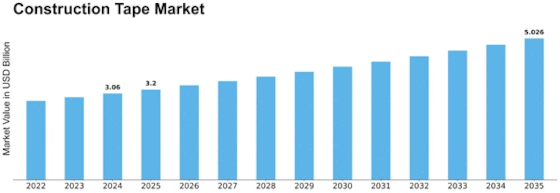


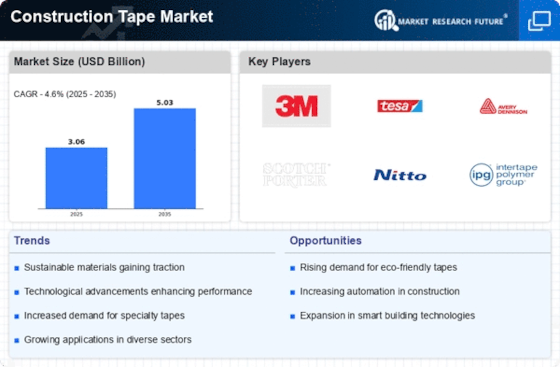

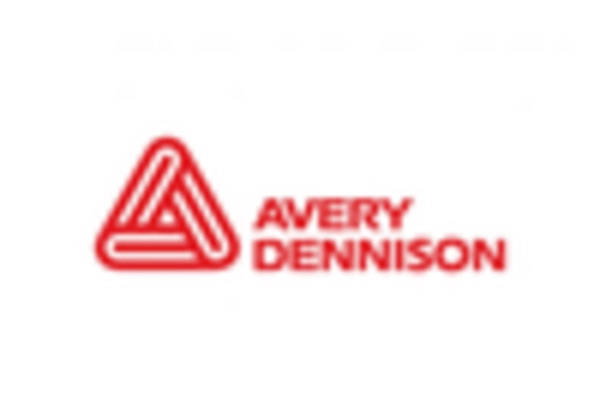
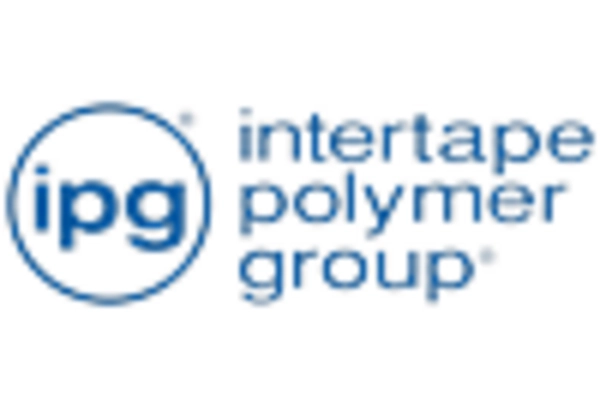
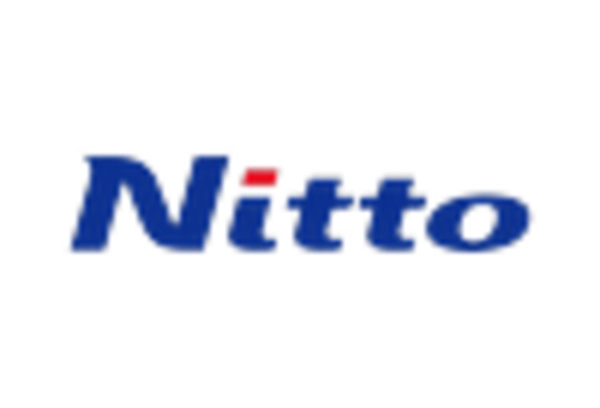

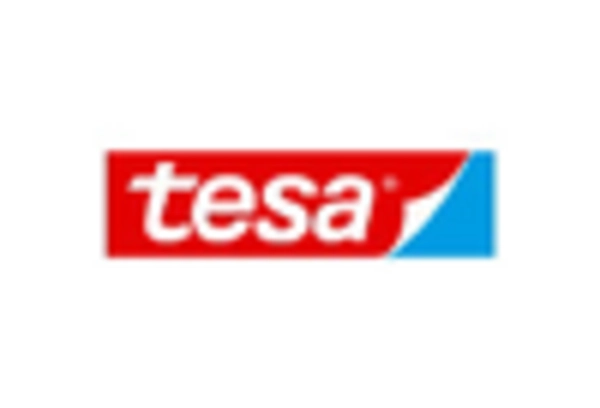










Leave a Comment